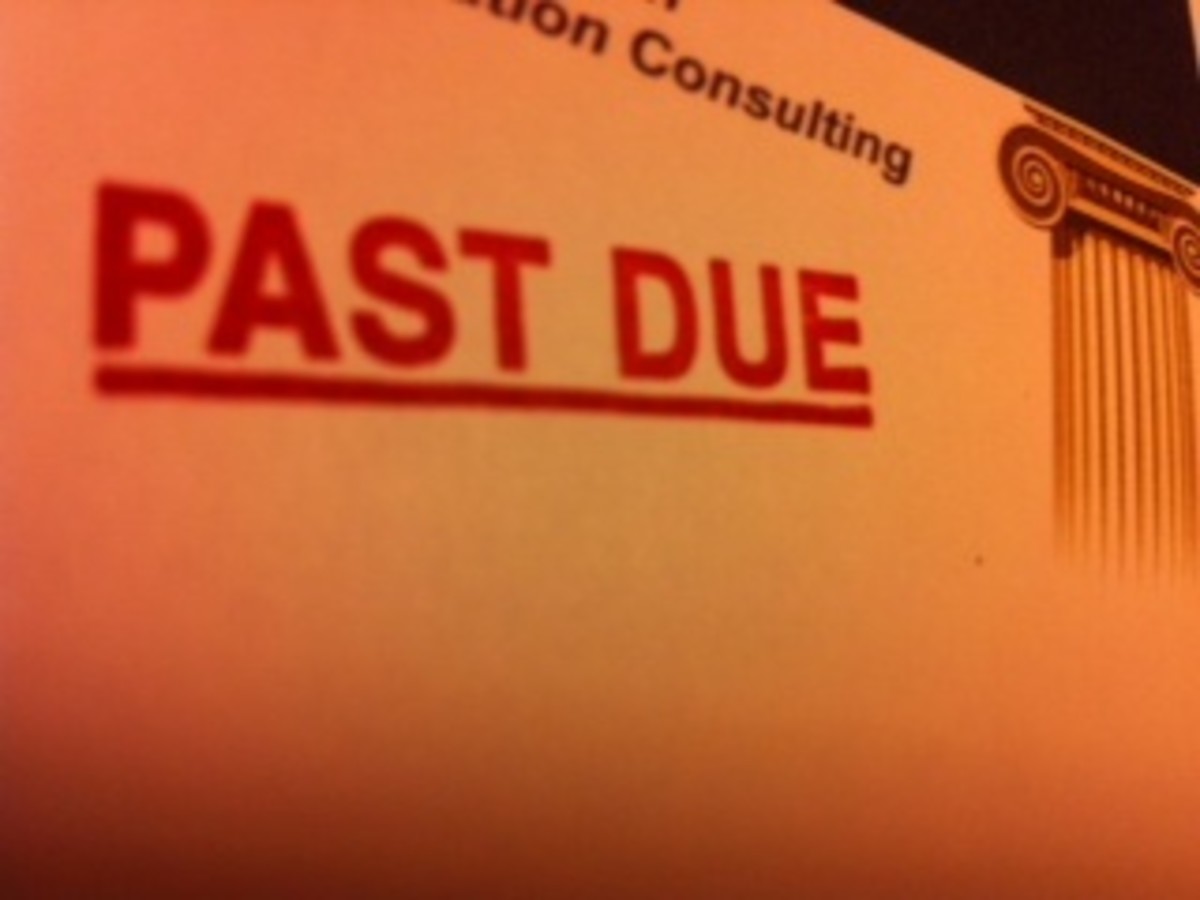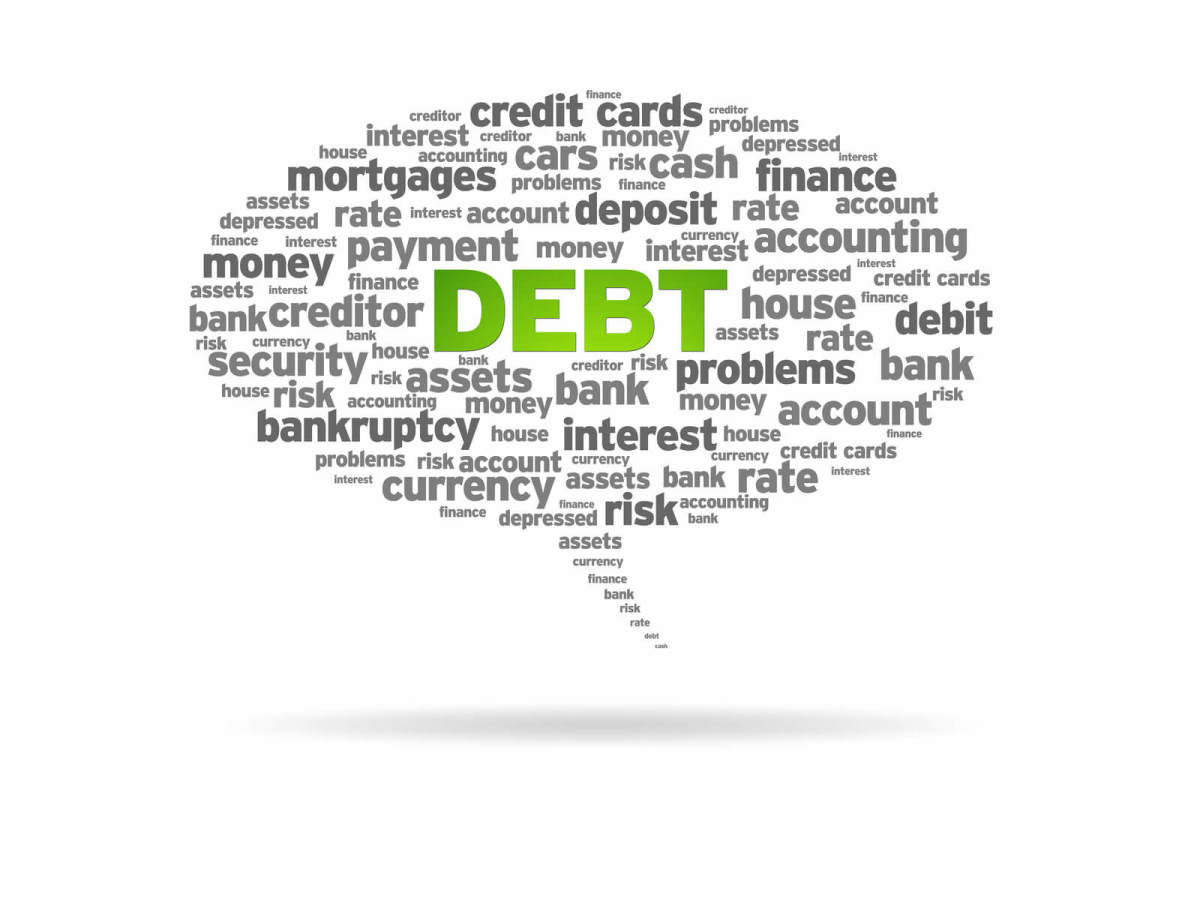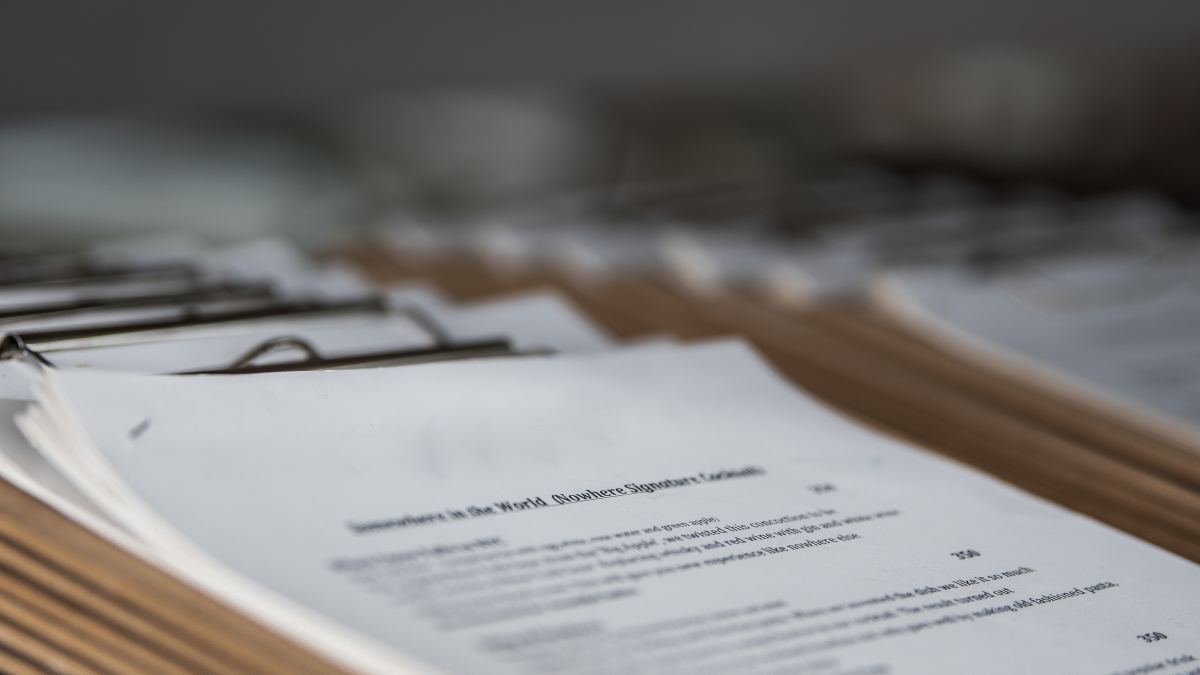4 Quick Tips on How to Deal with a Debt Collection Letter

What’s a debt collection letter? A debt collection letter is a notice sent to an individual notifying him or her that an unsecured debt of a certain amount is now owed to a third party collection agency. If indeed, you’ve just received such a letter, you shouldn’t panic. In fact, debt collection letters—serving as a debt buyer’s first line of defense for expedient payment—are quite common. Perhaps you’ve experienced a temporary period of hardship, whereby you’ve allowed a credit card or two to go 180 days without payment. Maybe it’s simply of case of an unpaid medical bill, cell phone, or even an overdue library fine that has brought about this dunning letter. For whatever may be the reason, if you’ve just received a debt collection letter, you’re now forever financially bonded to this debt obligation until it’s either paid in full or discharged in a Chapter 7 bankruptcy proceeding. The following tips below to should help you out if you're indeed in such an ordeal:

Tip#1 Writing a Well Worded Debt Collection Response Letter…
The very first step in dealing with a threatening debt letter of any kind is to just remain calm, get organized, and put pen to paper. Primarily, what you do in the very first phase of it all can literally make or break the ordeal at hand. First and foremost, you have to know that as a consumer you indeed do have rights when it comes to the collection of debt. Ever heard of the Fair Debt Collection Practice Act (FDCPA)? Unbeknownst to many, the FDCPA was created to enhance the situations of the average consumer by creating guidelines under which debt collectors may conduct business, define rights of consumers involved with debt collectors, and prescribes penalties and remedies for violations of the act. Furthermore, in your response letter you’ll be asking for them to validate the debt at hand—namely, you’ll want the debt collector to verify that they are indeed the legal owner of said debt and that you are in fact the party for which is liable for the debt.
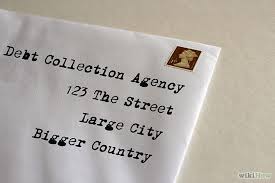
Tip#2 Waiting for a Response from a Debt Collector…
Now wait. Don’t worry! Playing the waiting game is a part of the process. In fact, it will likely take some time for the collection agency to verify all this information, in which case it only benefits you if they don’t. Again the purpose of the debt response letter is to make sure the debt collector knows that you’re aware of your rights. If written correctly most collection agencies as per say the FDCPA are mandated to cease collection of said debt right away, including the removal of negative trade line from all three credit reports. In addition, any added fees, illegal interest or other charges that may have accumulated on your account will likely be eliminated.

Tip#3 Making Your Scheduled Payments on time…
The egregious nature of some debt collection firms, including harassing phone calls, aggressive debt collection letters and threaten lawsuits, is all rooted in the same ideology: failing to make your scheduled payments. What ever reason may have caused you to stop making payment, you can rest assure that if you would have made a small effort to make good on your financial obligation, you wouldn’t be in the position you are now. It’s not pretty. In fact, the collection agencies have all the cards stacked in their favor: in most cases they can pull your credit reports at any time; they can demand payment; and even worst, they can obtain a judgment in the amount of debt plus extra fees.
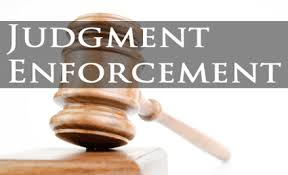
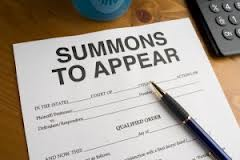
Tip#4 Avoiding a Collection Judgment
What's a collection judgment? As mandated by the courts, a judgment occurs when a debt collector takes you to court for an unpaid debt and obtains an order by a judge to receive said monies from you the creditor. To put it more bluntly, a collection judgment can be pretty bad news; thus, it goes without saying that it should be avoided at all cost. How do you accomplish this? It's quite simple: the main thing you don't want to do, (if you're ever served a summons to appear in court) is panic--again you have some options: 1) Show up in court ready to plead your case to the judge; and more importantly, 2) Show up with a plan to repay the debt. The most important thing to remember is this: if you don't show up in court at all, the judge would issue a judgment in favor of the debt collector for the amount owed.
In final, the FDCPA was designed to protect you from abusive debt collection practices. It wasn’t, however, design to get rid of your financial obligations. If indeed, you’re able to remove said debt by simply disputing account on your credit report, more power to you; nevertheless, this neither gets rid of debt nor get the collection agency off your back.

